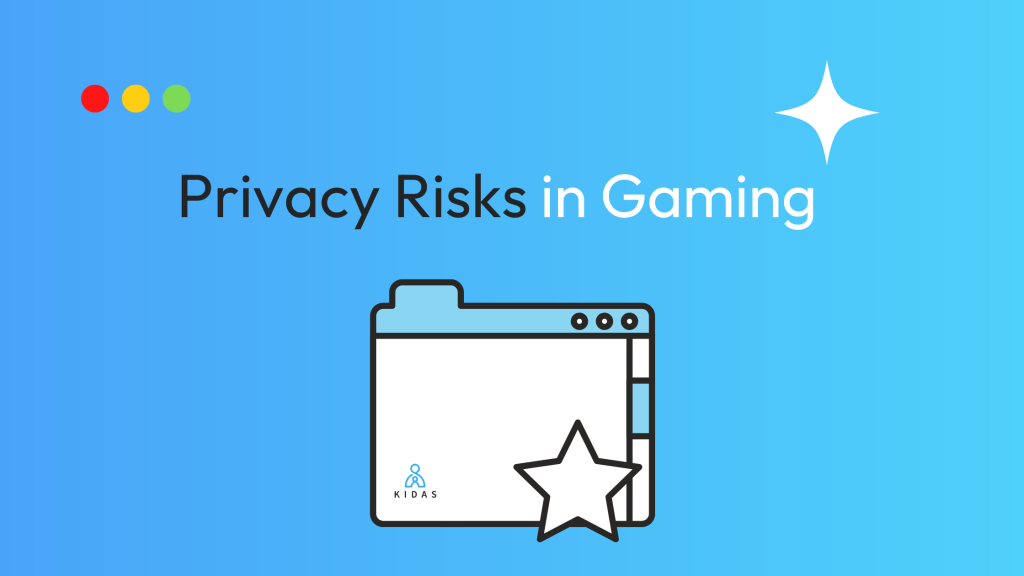As parents, we all have concerns about our children and privacy. When children were younger, parents were concerned about their children sharing personal information or private stories from home with their teachers, but as children grow up and spend time online, the privacy risks increase. There are many risks associated with sharing personal information while or in game.
For many children, they have a hard time understanding why they need to keep their information private. Additionally, they don’t think about the information they are providing and how it could be harmful to them. It is important for parents to explain the risks of sharing information online as well as the consequences that could follow.
What is Considered Private Information?
Any information that can personally identify you is considered personal information. This includes but is not limited to age, birthday, school, address, email address, usernames, passwords, names of people you know, people in your family, your pets name etc.

Risks of Sharing Private Information
There are risks of sharing your private information online.
- Identity theft
- Stalking
- Harassment
- Sextortion
- Scamming
Many time, a user will suggest that another player switch to another account to “help” them in the game. Switching the account or sharing their password (which people will ask them to do) is dangerous and they should not follow or give out their information. This can be hard for kids as they believe other players that say that can “help” them move forward in the game or help them with something the stuck with. Kids need to be aware that the gamers that are talking with them may be pretending to be someone else.
Recommendations for Parents
- When possible, set up your child’s accounts for them or set them up together so that you are aware of what information they have shared during the set up process.
- Encourage your children to use strong passwords. Think about using upper case and lower case letters, numbers and symbols in the password or think about using a few words together that would be hard to guess.
- Education is your best bet. The more your children understand, the better!Teach your child about what is considered private information as well as they danger of sharing it with others. If they understand the dangers, they are less likely to share their personal information online.
- Explain the dangers of clicking links that they do not know. They may understand the danger of sharing with others, but sometimes they may innocently fall into a scam. Ensure they know what a scam looks like.
- Last but not least, remind them not to share pictures either. A picture has a lot of information in it whether it be a place in the background or information saved on the image itself.